Patrick van Schie A century ago, on January 21, 1924, Vladimir Ilyich Ulyanov, better known as Lenin, died. His embalmed body still lies in the mausoleum on Red Square in Moscow. Communists still revere him; and not just the elderly. The British Marxist Student Federation (MSF), for example, states on its site: “Lenin was without […]
By Beata Bruggeman-Sękowska On September 8, 1968, Ryszard Siwiec committed suicide by public self-immolation in protest against the Warsaw Pact invasion of Czechoslovakia. He set himself on fire during the nationwide harvest festival at the Stadion Dziesięciolecia (stadium) in Warsaw, Poland in the presence of the leaders of the Polish United Workers’ Party, diplomats and 100,000 spectators. […]
This month it is exactly 75 years ago that the communists finally seized power in Czechoslovakia (at the time, the current Czech Republic and Slovakia formed one country). In all the countries that would disappear behind the Iron Curtain after the Second World War, a similar process took place of the elimination of pro-democratic forces and the establishment of the dictatorship of the communist party. In Czechoslovakia, however, this took longer, which is why many people – both among the democratically minded Czechoslovaks and in the West – harbored the illusion for the longest time that the country would be spared an ‘equalisation’.
By Roger MOORHOUSE September 1 is the conventional start date for the European war. But little in life is set in stone. Of course, a pedant might want to point out that the British and French only declared war on Germany on September 3, so that date marks the expansion of a German-Polish war […]
Disclosures by an Experience Expert in 1946-47: Victor Kravchenko’s I Chose Freedom By Patrick van Schie In April 1944, a senior official from the Soviet Union’s “trade delegation” defected to the United States. Victor Kravchenko, an engineer, was tasked with Lend Lease deliveries during World War II to the Soviet Union – that […]
By Patrick van Schie On February 22, 1946, a telegram arrived from Moscow at the US State Department. The author, the second man at the US embassy, apologized in advance for using the telegraphic channel. The telegram was indeed unusually long: 17 sheets of paper typed out. It would also become unusually influential. The “Long […]
Beata Bruggeman-Sekowska On the 13th of January victims of the Soviet military aggression of 1991 are commemorated. The candle, as symbol of the memory, today is lit across Lithuania and by the Lithuanian communities abroad. On 13 January 1991 armoured Soviet forces drove through peaceful crowd which gathered to protect the symbol of Lithuania’s […]
By Agata Szostkowska The tallest building in Poland, the eighth tallest building in the European Union and in a Top-20 in Europe. There has been no more foreground building constructed in Poland after 1945 than the Palace of Culture and Science – or to give it its full title: “the Palace of Culture and Science […]
Patrick van Schie Eighty years ago, at the end of 1940, Darkness at noon was published, translated from German. The writer, Arthur Koestler, was an old communist who had lost his illusions due to the Great Terror (1936-1938) in the Soviet Union. He wrote this off between 1938 and 1940, in a novel in […]
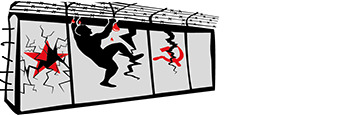
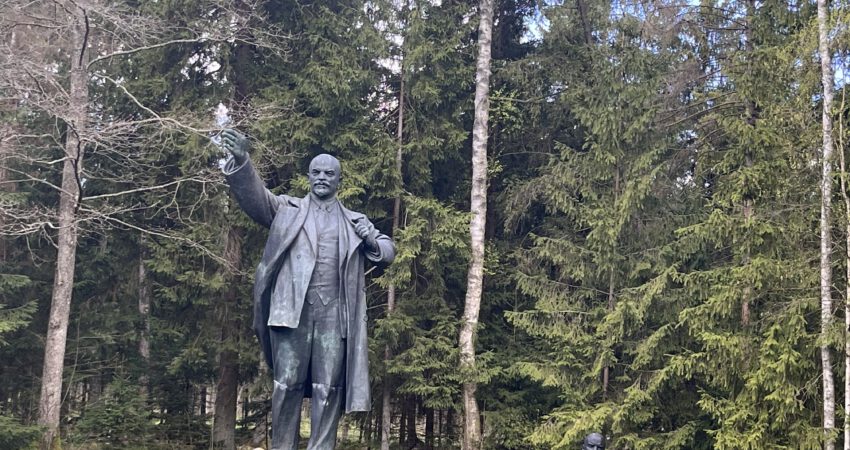
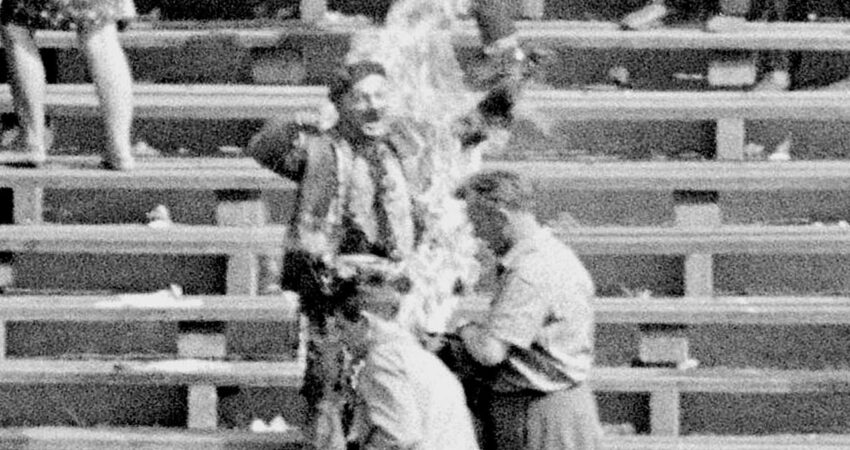
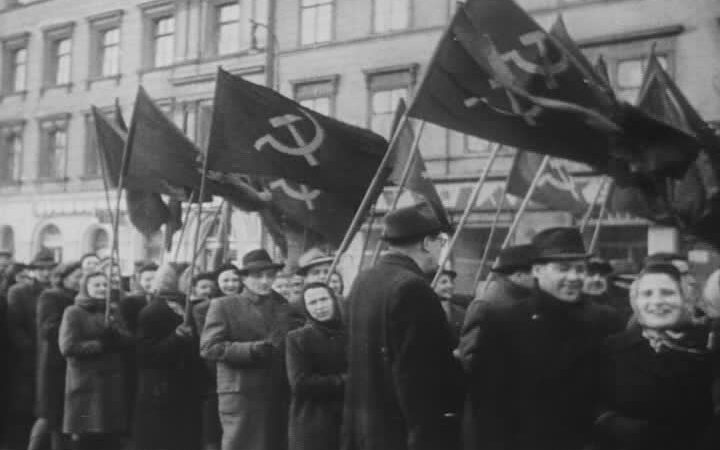
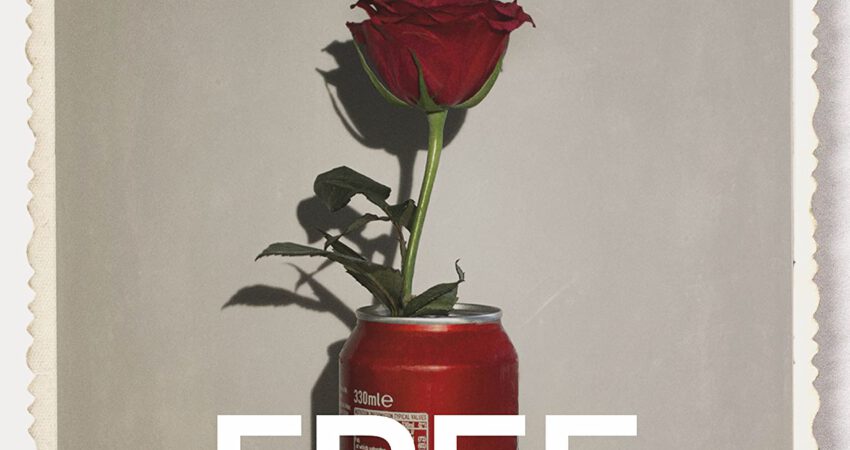
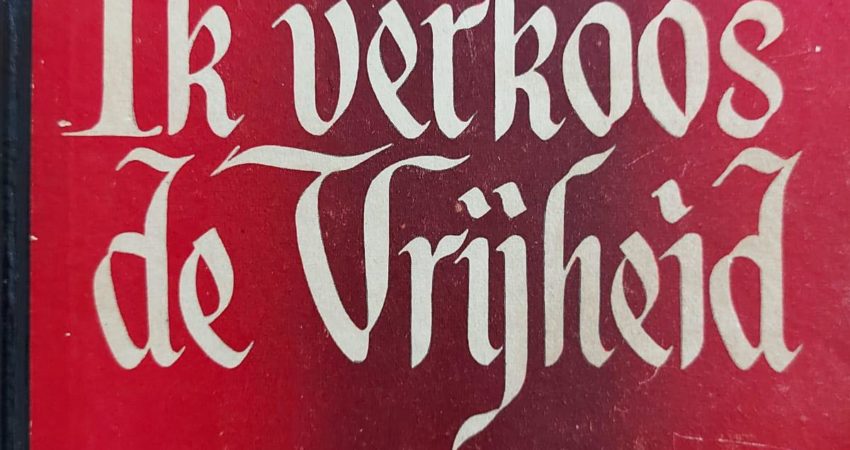
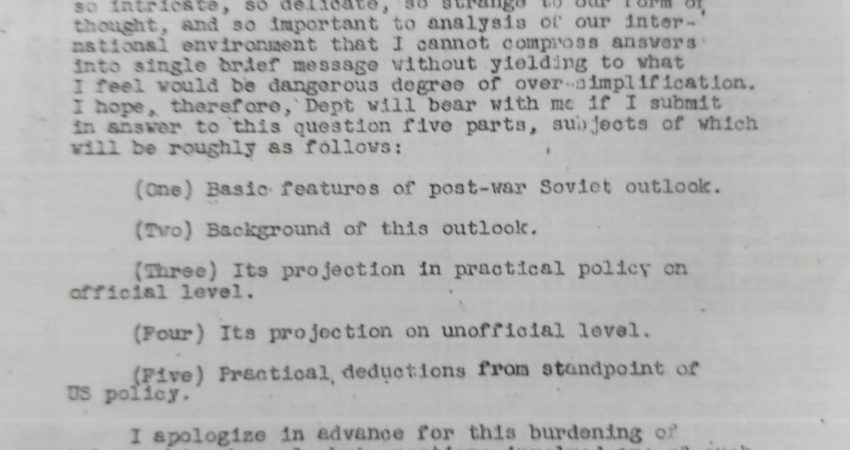
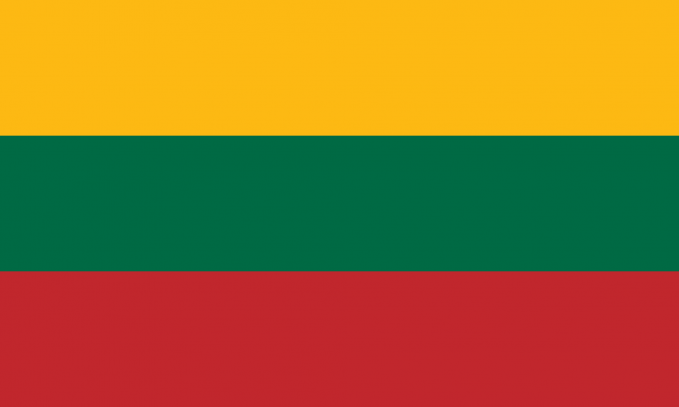
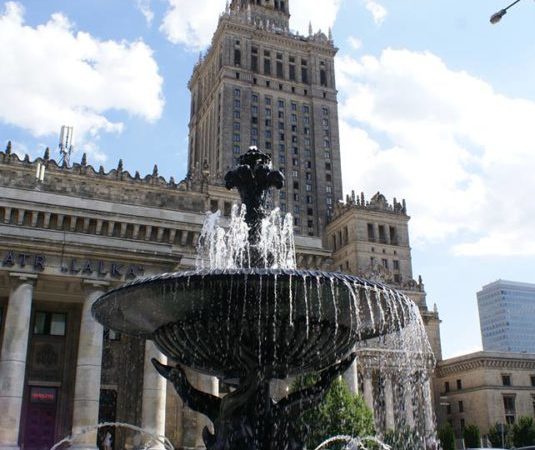
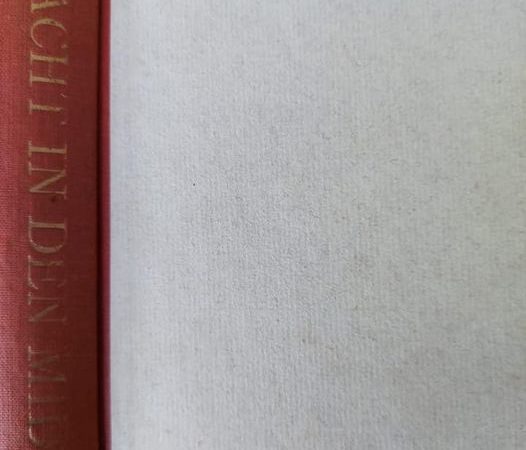
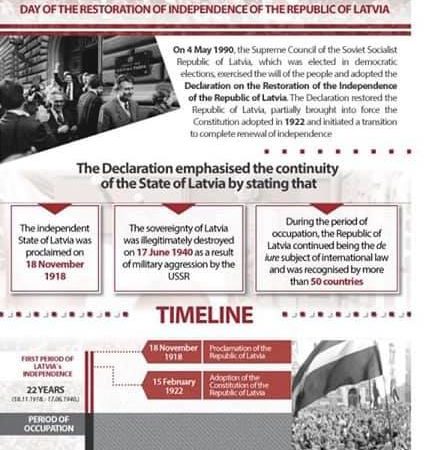
Follow Us!